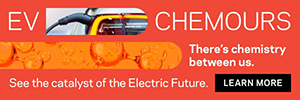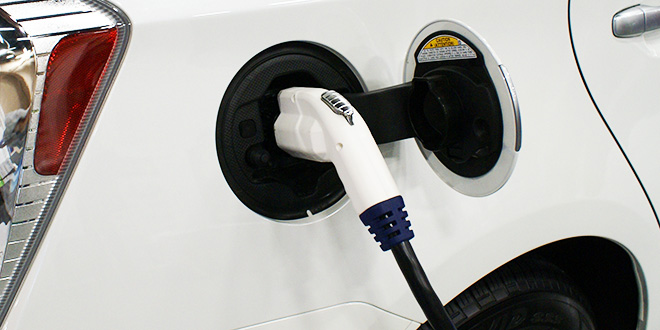The California Air Resources Board (ARB) has voted unanimously to reaffirm the state’s clean car standards, setting up a confrontation with the regime in Washington.
The Board’s decision comes after years of detailed analysis by ARB staff, culminating in a Midterm Review which concluded that the standards can be met on time, using known technologies, at costs below those originally anticipated.
California’s fuel economy standards, which are stricter than federal rules, are also followed by 12 other states, representing over a third of the US vehicle market. Adopted in 2012, the standards would require automakers to nearly double the average fuel economy of new cars and trucks by 2025, to 54.5 miles per gallon.
California can write its own standards because of a waiver granted under the Clean Air Act. The administration, which has made its determination to gut environmental regulations clear, may now attempt to revoke the state’s waiver, which will surely lead to a court battle. California has retained former Attorney General Eric Holder to advise on potential legal fights with the White House.
Automakers claim that the stringent standards pose a daunting technical challenge that the industry would have to spend $200 billion to meet. However, a recent study by the International Council on Clean Transportation found that the cost of meeting the standards could be overstated by as much as 40 percent. And auto industry experts have warned that, if the US tries to buck the trend toward more efficient cars, it will lose its technological edge to other countries such as China and Germany.
ARB Chairwoman Mary Nichols had some choice words for automakers, who have been busily lobbying for the standards to be watered down. “What were you thinking when you threw yourselves upon the mercy of the Trump administration to try to solve your problems?” she asked. “We invite you to sit down with us if you have concerns, as long as [changes] don’t decrease the environmental benefits.”
“We intend to stick by the commitments that we made,” Nichols said recently. “If for some reason the federal government and the industry decide to abandon those agreements that we all reached, we will have to re-examine our options. If [they want] to relax the standards, then we would vehemently oppose that.”
Representatives from several states, including Connecticut, Massachusetts, and Oregon, made statements in support of the standards, reporting that sales in their states increased by nearly 60 percent over the past year, an indication that the standards are working. “We’ve come a long way together,” said Steven Flint of the New York Department of Environmental Conservation. “We’re with you, and we believe in what you’re doing.”


















































